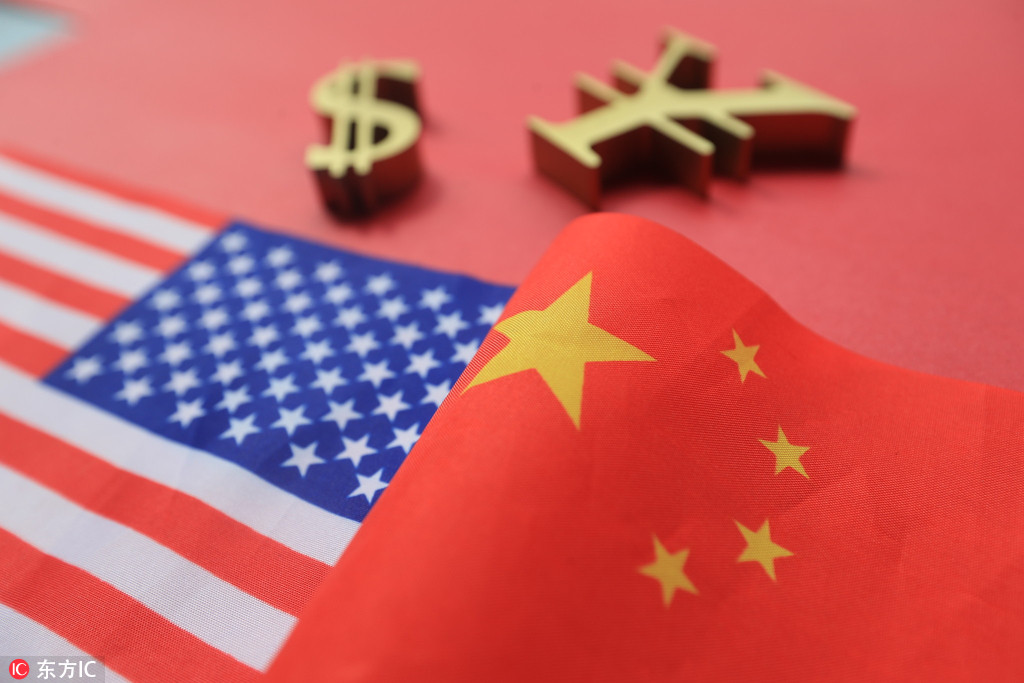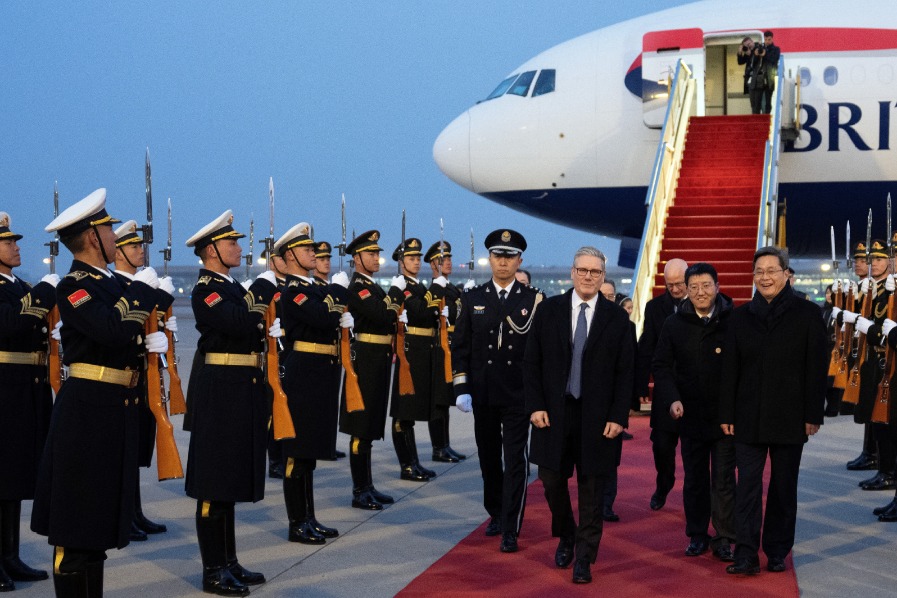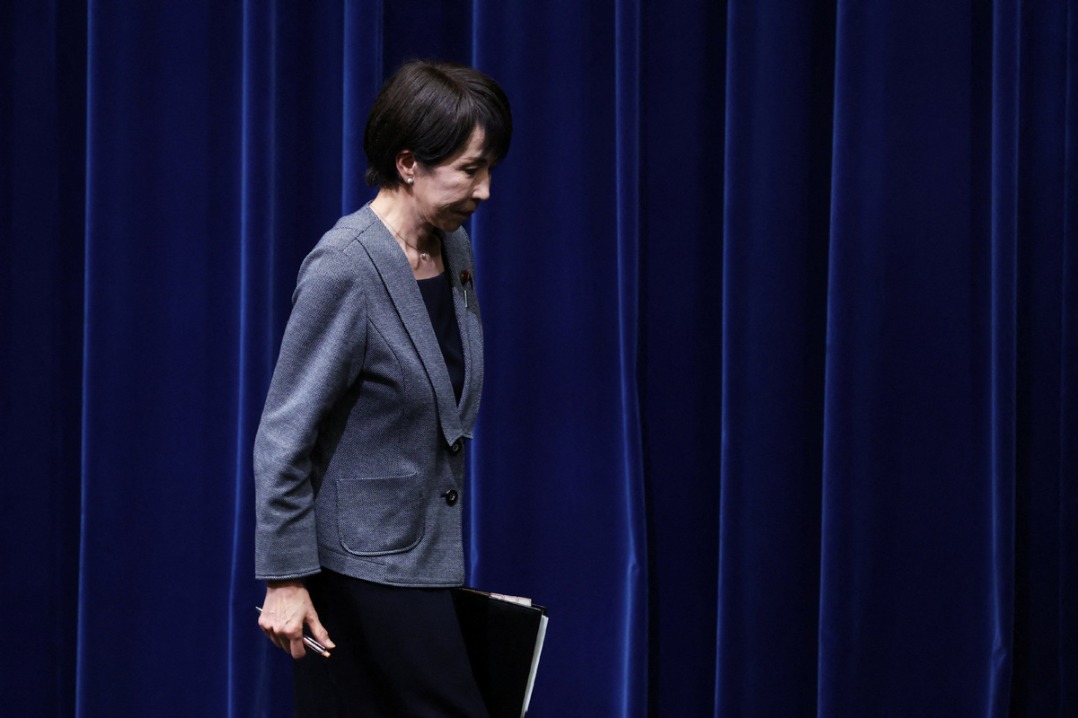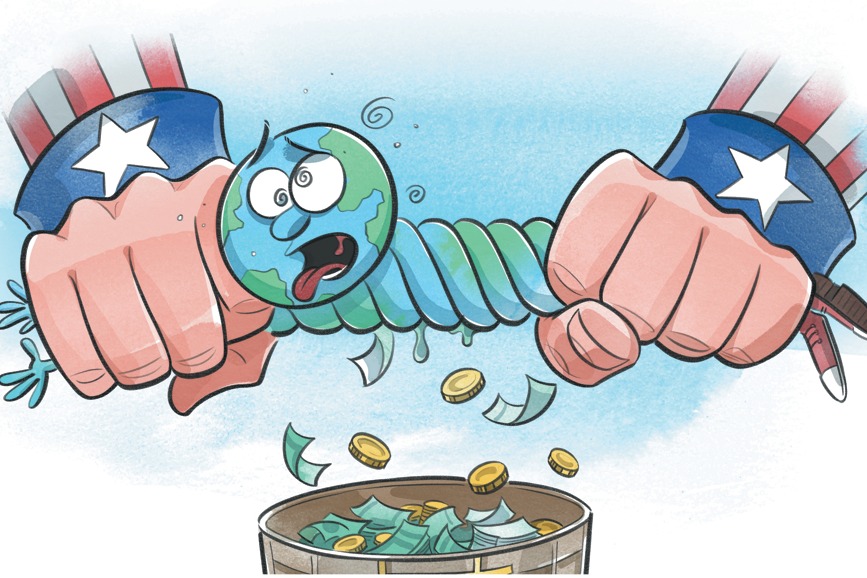US' dangerously dreaming of new 'Cold War'


US policy toward China appears to be in the hands of deranged sleep walkers. Believing they are living in days of an imagined glorious past, they are instead, wrecking their own country's future.
The US media and policymaking circles are full of comparisons and debates between the needless confrontations Washington is manufacturing with Beijing and the long US confrontation with the Soviet Union through the four and a half decades of the Cold War.
However, nothing is more dangerous and self-destructive than to fall in love with a historical memory and then to try and blindly apply it in the very different circumstances of a very different age.
US policymakers are not entirely witless and blind, of course, they recognize that China is a rapidly rising global superpower. They see the obvious fact that China has four times the population of the United States. They also admit-grudgingly-that China's industrial base is now vaster than that of the United States, and that China now runs a very healthy and impressive annual balance of trade surplus with the rest of the world.
However, rather than applaud these tremendous achievements and work toward tackling the America's own enormous structural economic and social problems-all of them self-inflicted through stupid and short-sighted domestic political decisions-US politicians and pundits prefer to project their own insecurities and failures on others. They fantasize about confronting and containing China in the global arena as they believe they successfully did with the Soviet Union through the second half of the 20th century.
However, the circumstances could not be more different. The US was never significantly economically integrated with or financially dependent on the Soviet Union. The two 20th century superpowers dominated and ran two entirely different, separate and antagonistic economic as well as political systems.
By contrast the 21st century world is indeed globally integrated. The US domestic economy has been enormously dependent on Chinese industrial imports to prevent the specter of inflation over the past 30 years, while China now holds around one-third of all US Treasury bonds.
In these circumstances, for the US to repeatedly insult China and provoke an economic conflict with it by imposing hundreds of billions of dollars in import restrictions and tariffs on Chinese goods is suicidal and insane.
Also, during the Cold War, the US was able to present itself as the moderate, pragmatic and responsible champion of global peace and stability. The Soviet Union was seen as the exporter of revolution around the world. Washington by contrast supported and built alliances with democratic and authoritarian nations alike.
Today however, it is the US that is globally seen as dangerously ideological, revolutionary and unpredictable, and seeking to destabilize other governments that it disapproves of.
Therefore today, the nations of the developing world are eager to court and welcome peaceful and constructive Chinese investment and development under the Belt and Road Initiative and other programs. It is China that refuses to make sweeping and destructive political judgments, but offers instead to work peacefully and constructively with governments of every kind around the world to build lasting mutual prosperity.
In this very different 21st century world, therefore, US dreams of waging a new "Cold War" against China can only succeed in isolating and undermining the US itself.
History is full of examples of declining world powers that failed to acknowledge their true situation, and that engaged on adventurous, aggressive and high-risk foreign affairs projects and wars. It always backfired and ended badly. Any attempt by US leaders to flee into their mythical memories of an imagined "brilliant" Cold War past and replace 20th century Moscow with 21st century Beijing will only have the same outcome.
The problem is not confined to the Republican Trump administration: The Democrats in Congress think exactly the same way. Therefore whatever the outcome of the US midterm elections, the current threatening political and economic climate in the US is unlikely to improve.
Washington policymakers, politicians and pundits would do far better to abandon their empty bluster and unenforceable threats and remember instead the teachings of the great ancient Greek philosopher Hericlitus of Ephesus.
Heraclitus taught the impossibility of repeating and reliving the glories of the past.
No man can go through the same river twice, Heraclitus said. For it's not the same river.
And he's not the same man.
The author is a senior fellow of the American university in Moscow.


































